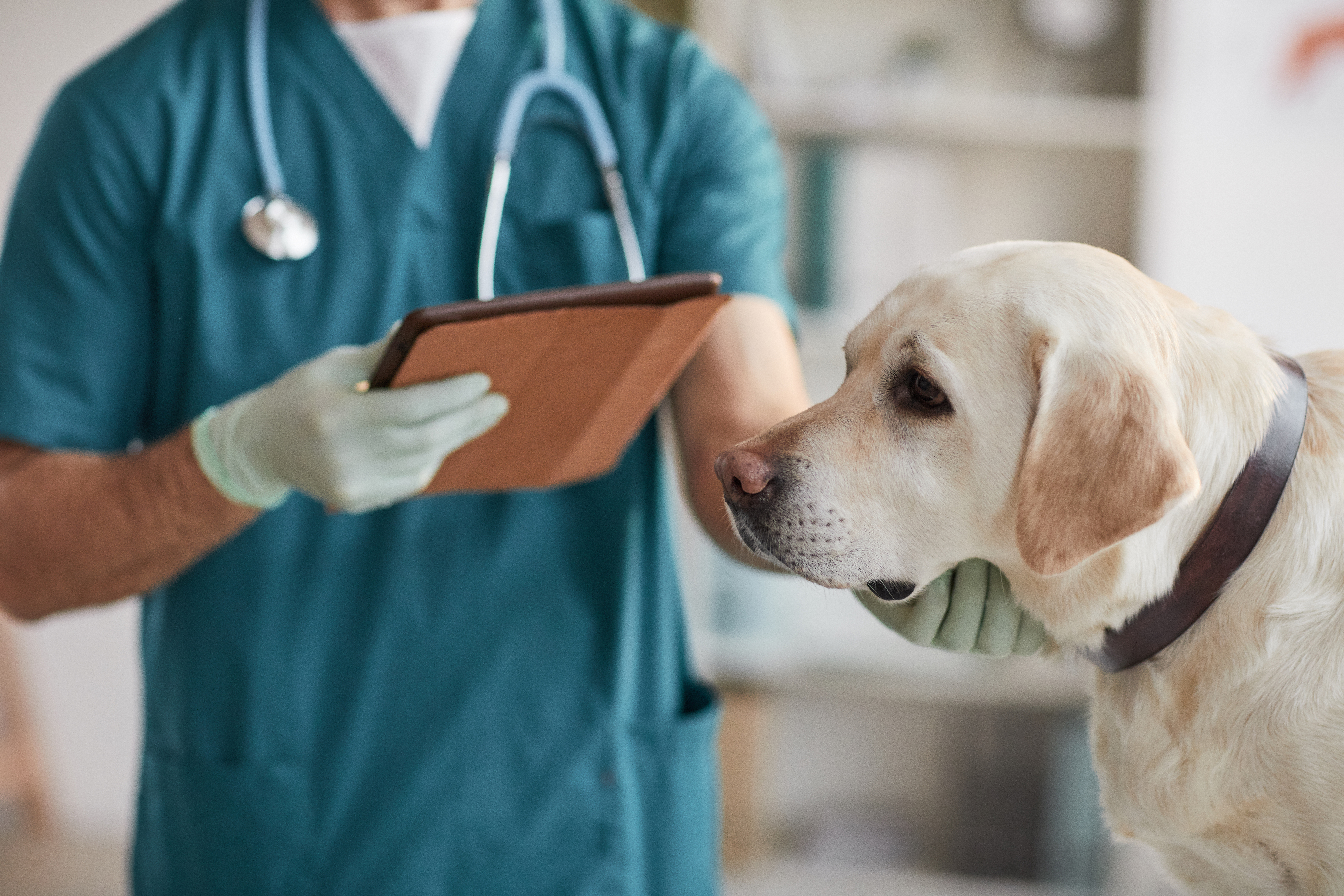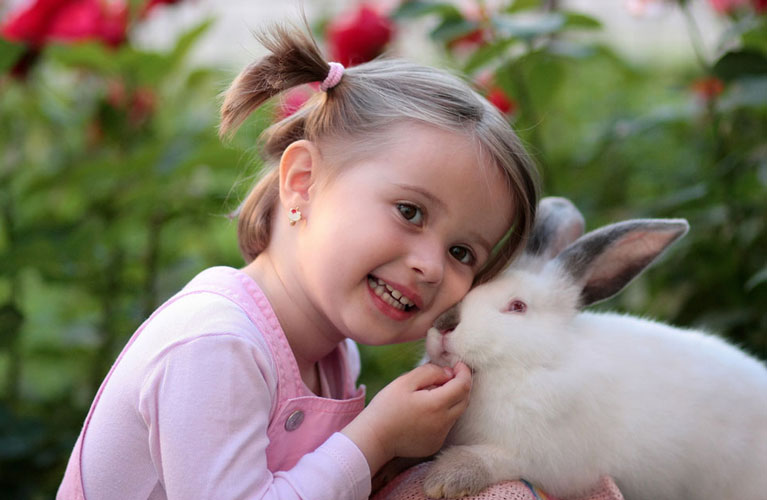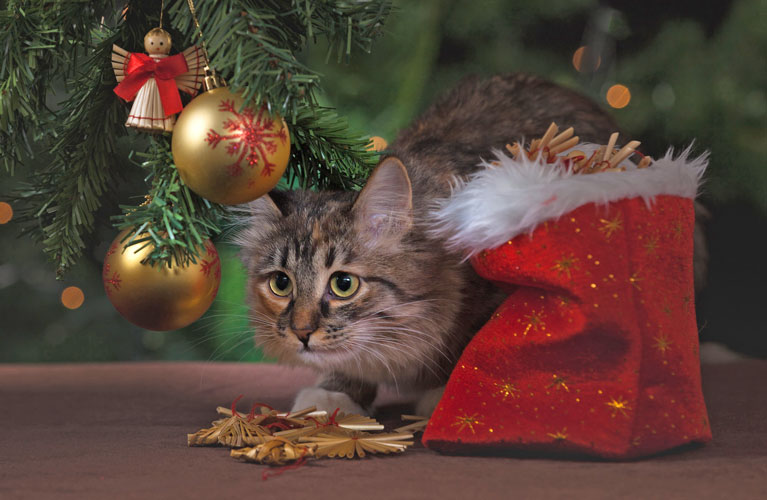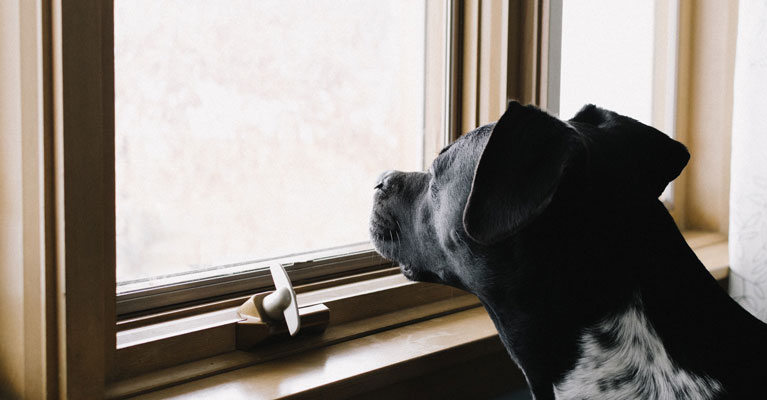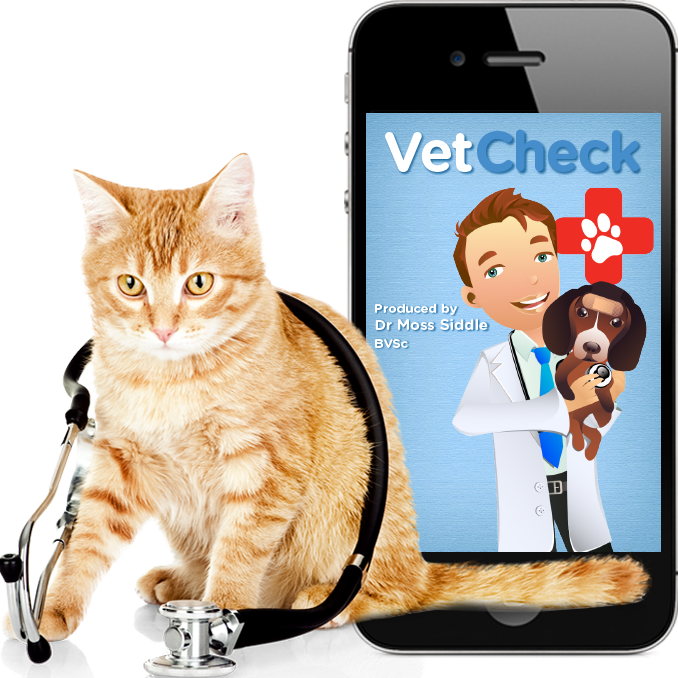Articles
Subscribe to our Monthly newsletter and get our latest articles and special offers delivered straight to your inbox.
Subscribe
7 Foods Pets Should Never Eat During the Festive Season

1. Leftover Christmas ham, roast turkey, bacon, sausages, etc.
These might seem like a nice special treat for your pet but very fatty, rich or oily foods can trigger pancreatitis and stomach upset in pets. Cooked bones are also a hazard which can cause a blockage or damage to the stomach and intestines passing through. Make sure all of your guests (especially kids) know not to feed any table scraps to pets, and ensure pets cannot access the rubbish bins.
2. Fruit mince pies, Christmas pudding, Christmas cake, etc.
Anything containing grapes, raisins or sultanas can be potentially toxic to dogs, causing severe kidney damage which can be fatal. This toxicity is unpredictable and can occur in some animals after ingestion of as little as one grape or raisin, so please avoid feeding these to your pets.
3. Chocolate
This is a well-known hazard for dogs and cats with symptoms of chocolate poisoning ranging from vomiting and diarrhea all the way up to seizures and heart problems. Keep all chocolate well out of reach of pets.
4. Macadamia nuts
Macadamia nuts can be toxic to dogs, with symptoms ranging from vomiting and diarrhea to weakness or difficulty walking and painful joints. Unshelled macadamia nuts can also cause an intestinal blockage if swallowed whole.
5. Mango seeds and other stonefruit pips, avocado seeds, etc.
If ingested these can cause a blockage in the intestines which can require surgery.
6. Candy, chewing gum or other sweets containing Xylitol
Xylitol is an artificial sweetener which may be found in a variety of candies, chewing gum, even some types of peanut butter and other spreads. It can cause liver problems and a rapid drop in blood sugar which can be life threatening in pets.
7. Onions, garlic, leeks
Ingestion of moderate amounts of garlic, onion or leeks can cause damage to red blood cells in dogs and cats which can be potentially life-threatening.
Latest Posts
Platinum Paws
Would you like you annual vets costs spread out monthly, plus bonus services and discounts? Join Platinum Paws Proactive Pet Care Club today.
More